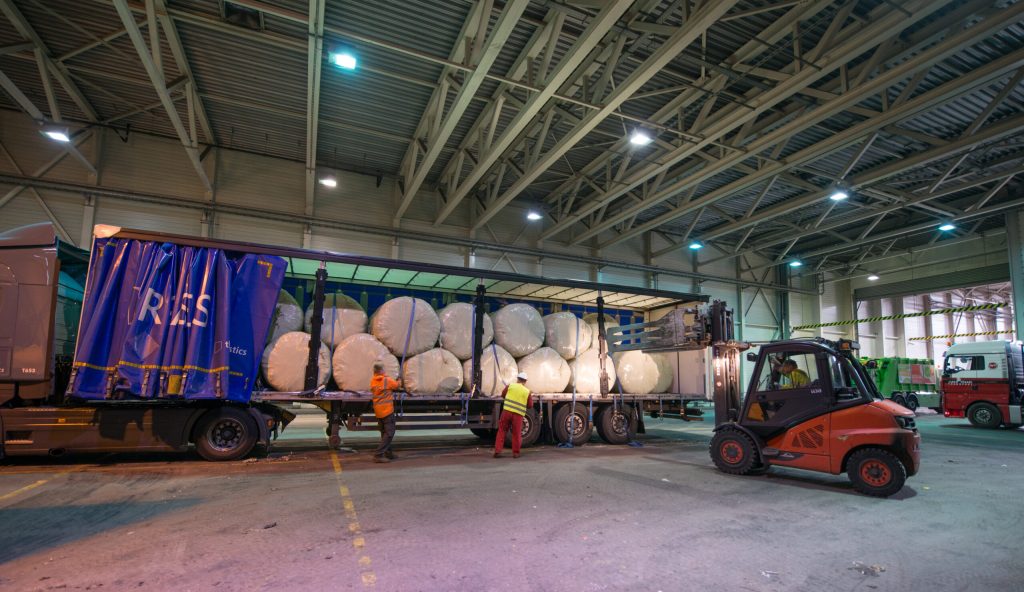A pragmatic approach to declaring RDF shipments at a symbolic value of EUR 1 is being supported by Group members.
In 2019, 2.9 million tonnes of RDF were exported from Great Britain to the EU, providing a vital waste management route which is essential to maintain into 2021 and beyond. Members of the RDF Industry Group have therefore been preparing for the end of the year when the UK’s transition period with the EU ends. Once the UK becomes a ‘third country’ it will have to abide by new customs processes and procedures. Negotiations between the UK and EU on a free trade deal and what these new processes and procedures will be are ongoing, and it is not yet clear whether a deal will be struck before transition ends. However, customs changes will need to happen irrespective of any trade deal, and members have been preparing for these to ensure RDF can continue to be recovered in highly efficiency energy-from-waste facilities in the EU.
Customs procedures require a declaration of the value of any shipment before it can be processed and allowed to cross customs borders. The financial flows associated with RDF are unusual, as the producer/exporter pays the off-taker/energy-from-waste facility to receive the RDF and recover the material in a compliant manner. Most ‘goods’ crossing borders will have a positive value associated with them, but RDF actually has a negative value because of these reverse financial flows.
From 1st January 2021, RDF exporters must declare the value of their shipments for EU customs teams to process and determine if any tariffs, such as World Trade Organisation tariffs, might need to be applied. Local customs teams have some flexibility to determine the exact approach taken to calculating the value of shipments when it is not a straightforward positive value. In addition to this, the EU customs declaration system is unable to accept and process a negative value for shipments.
This problem has led to members working with individual customs teams to determine an agreed approach, and alongside advice from KPMG on EU customs processes, a pragmatic solution has been achieved. RDF shipments have to be declared with a positive value, which should resemble the actual economic value as much as possible – therefore a ‘workaround’ of declaring EUR 1 per shipment (or equivalent) can be used. Even if transport costs are taken into account, the value of an RDF shipment is still negative, and this symbolic EUR 1 value should be valid. The Group calls upon all EU customs teams to accept this pragmatic approach and ensure that waste recovery services are not jeopardised by placing barriers to RDF import into the EU.



